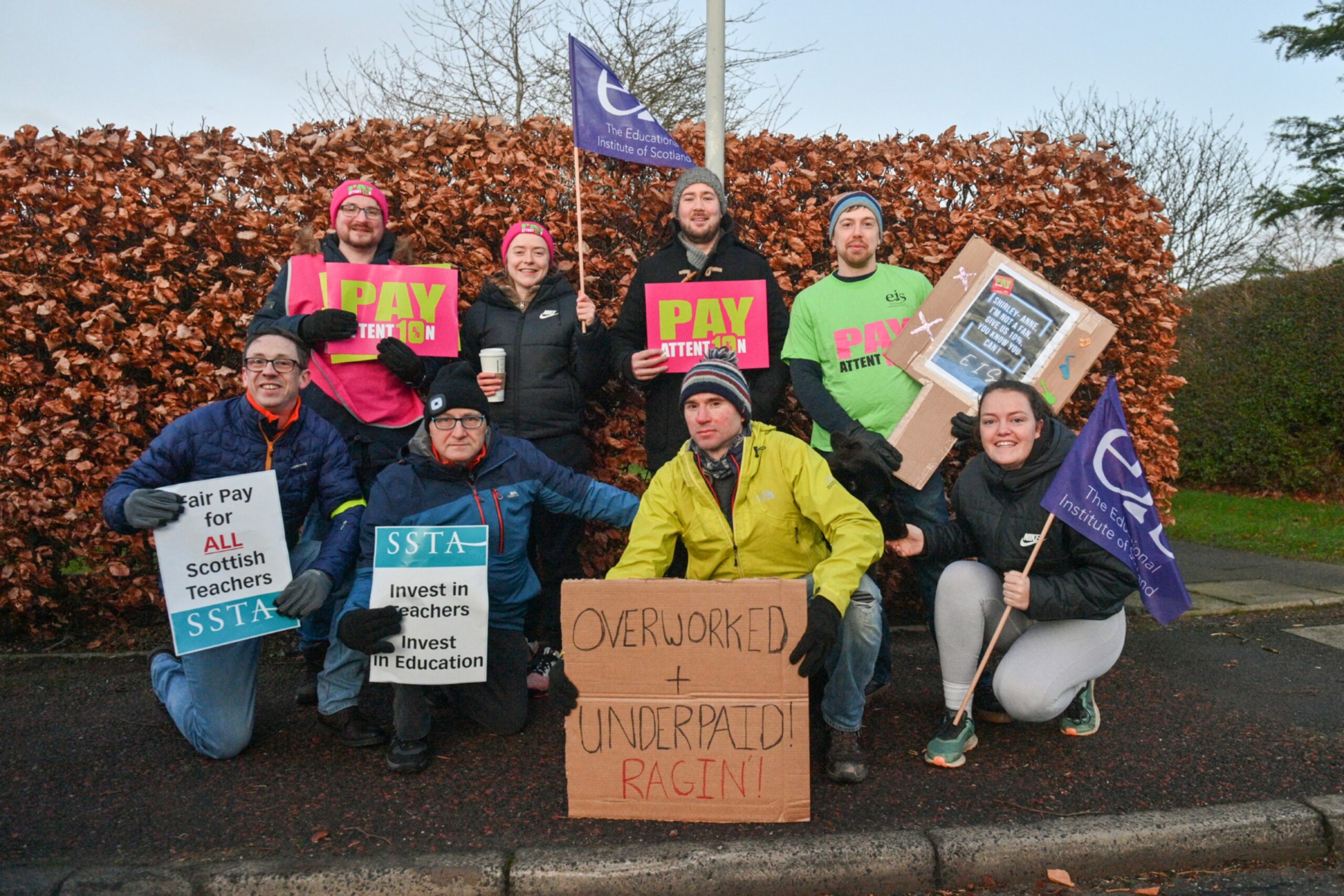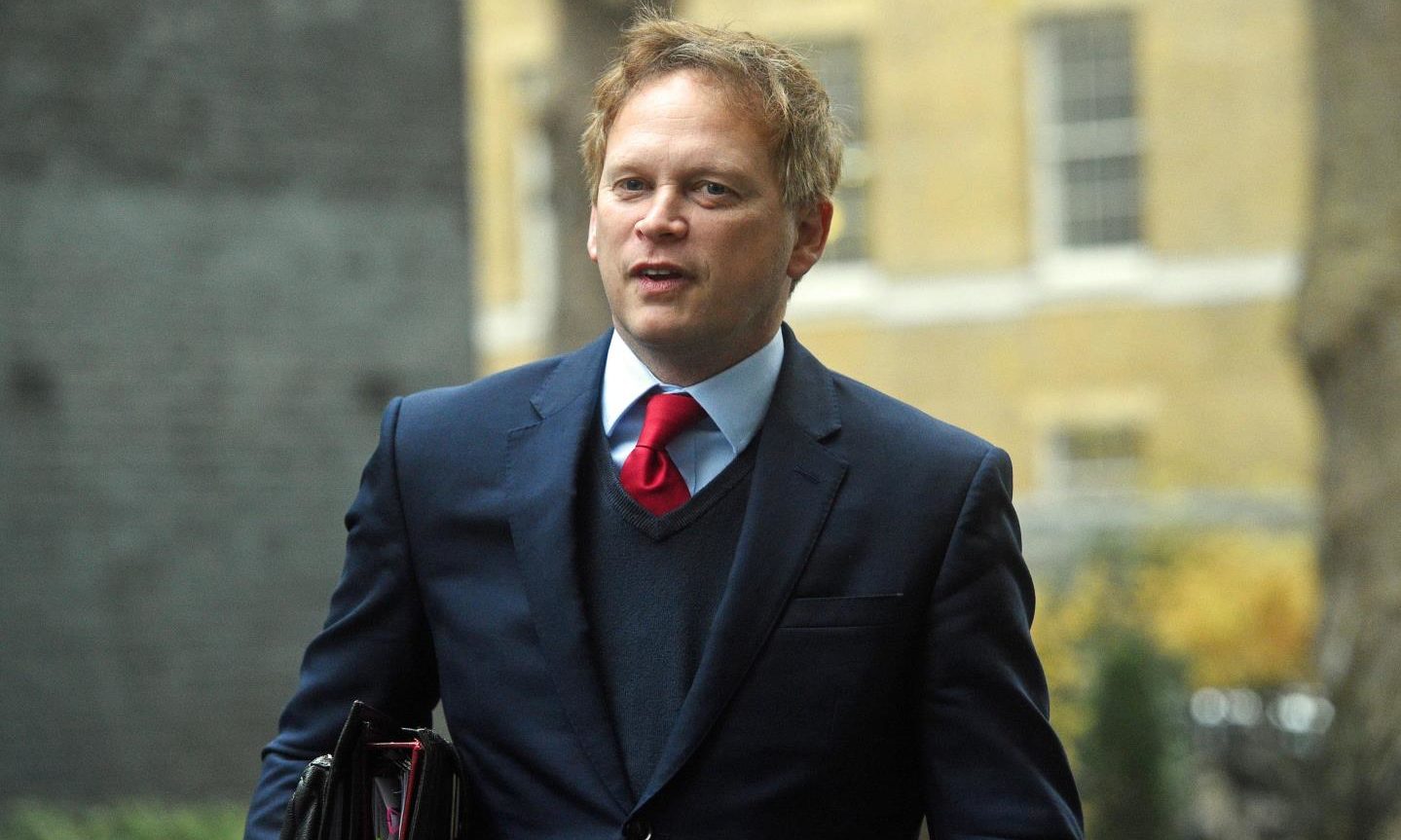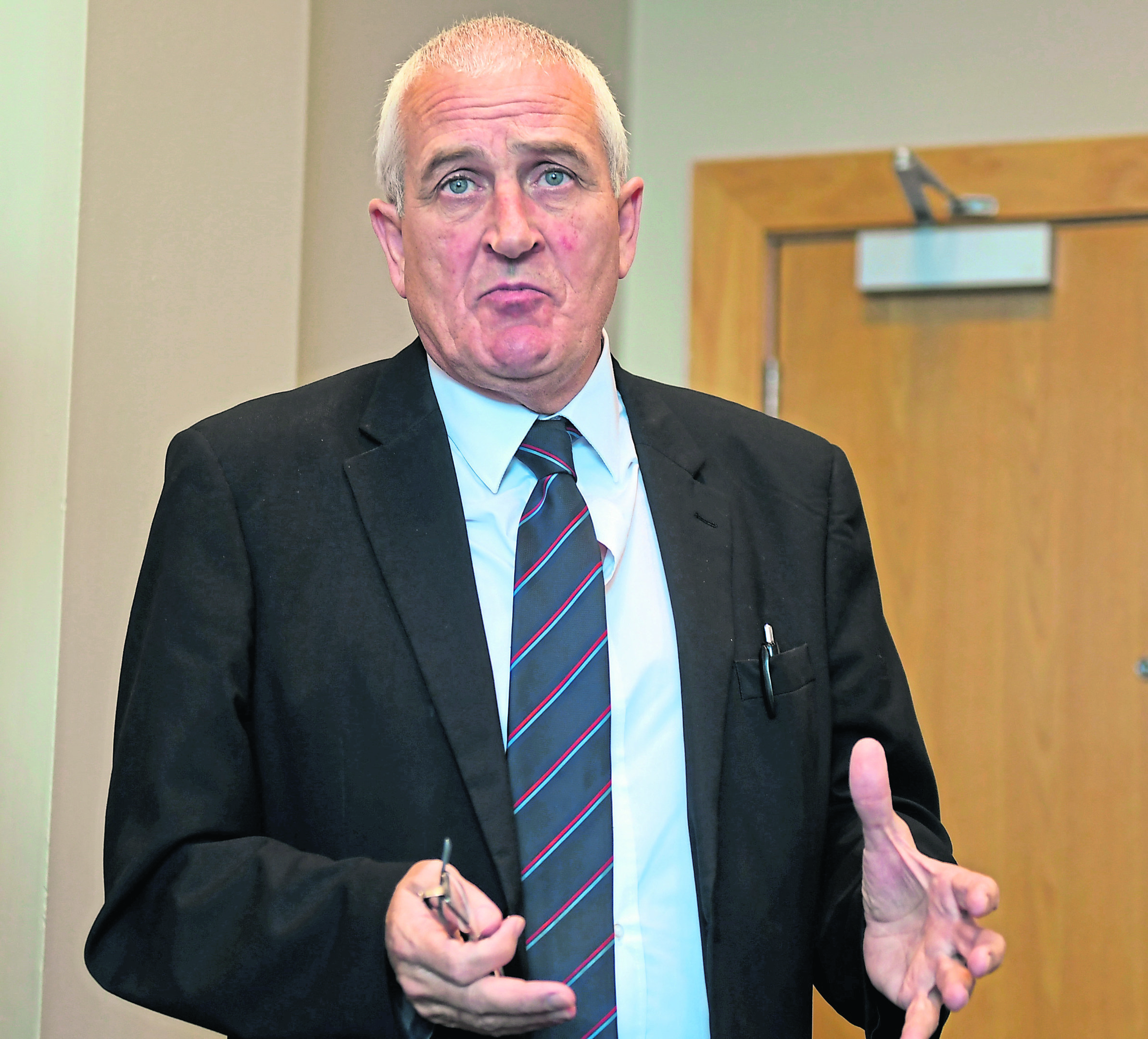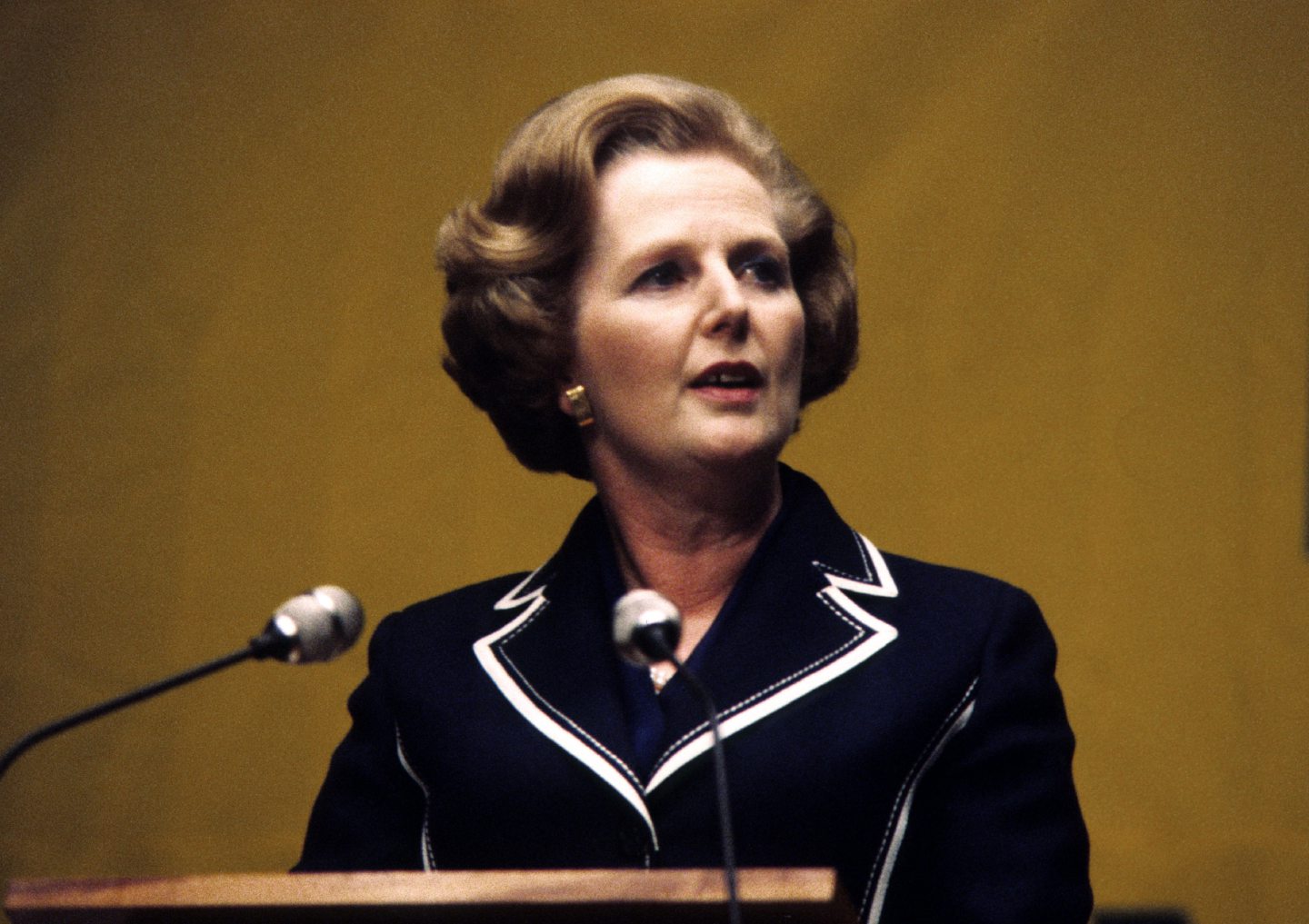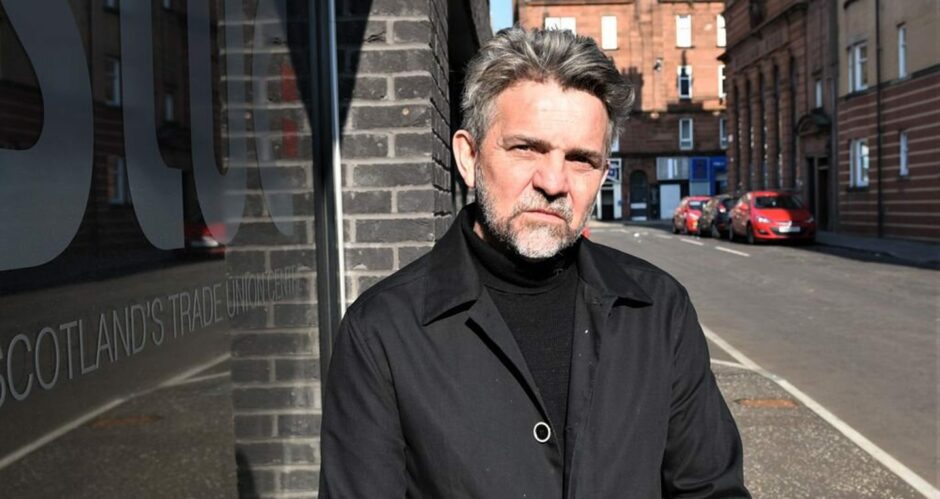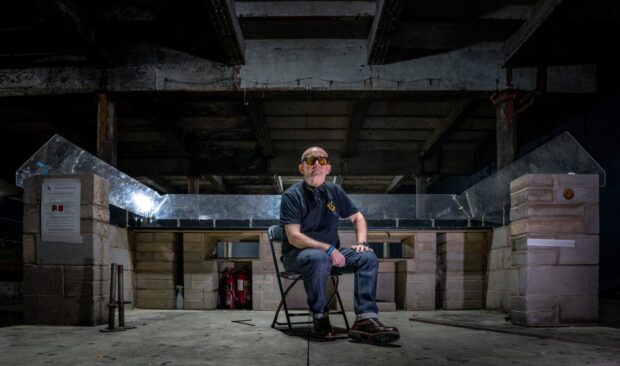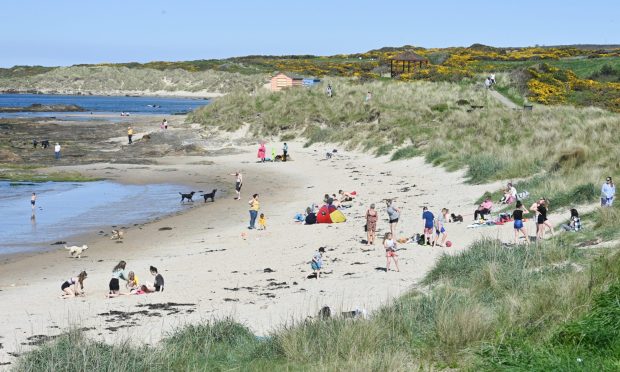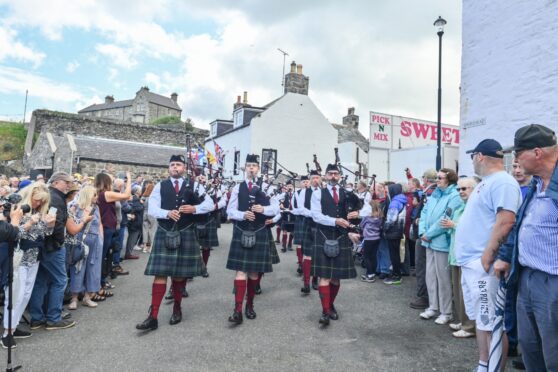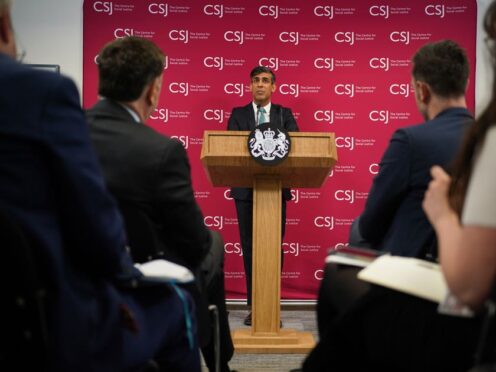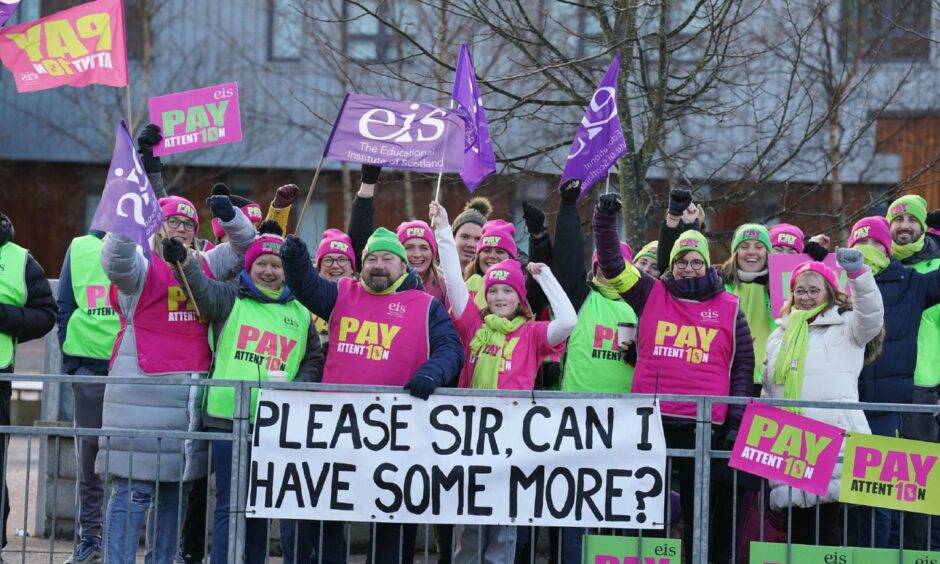
It’s a bill which has sparked fury among trade unionists and even been the catalyst for concerns over its legality from some prominent Conservative MPs.
Last week, Westminster MPs backed controversial government plans to impose minimum service levels for some sectors during industrial action, but the proposals have been criticised by opponents as being an “anti-strike” charter.
The legislation would enforce minimum service levels during strike days across some sectors, including health, fire and rescue services and transport.
Under the new bill, which passed by 315 votes to 246, some employees, including those in the NHS, and the rail network, would be required to work while their colleagues were on picket lines and could be sacked if they refuse to do so.
Although this policy has been drawn up in London, its regulations would apply to the devolved administrations in Scotland and Wales – a situation which has led an Aberdeen University legal expert to warn it could provoke a “constitutional outrage”.
Bill has provoked furious response
Business Secretary Grant Shapps defended the bill, and insisted that he and his cabinet colleagues felt “duty bound” to protect the lives and livelihoods of the public at a time when an increasing number of strikes throughout the country have drawn comparisons with the “Winter of Discontent” in 1978-79 where Britain virtually ground to a halt.
He added, amid heated scenes in the Commons last month: “No one is talking about sacking nurses. Nothing we are announcing in this bill from the despatch box is about getting rid of nurses any more than any employment contract has to be followed.”
Mr Shapps said the proposed legislation was similar to existing laws in Spain and France and claimed it would not break European human rights laws.
Yet that hasn’t prevented a furious response from the Labour leader Sir Keir Starmer, who has pledged to repeal the bill if his party wins the next general election, and the SNP, which has described the policy as “an attack on devolution”.
‘It’s a tactical gimmick’
Dave Moxham, the deputy general secretary of the Scottish Trades Union Congress (STUC), told the Press & Journal: “This is obviously an attack on the individual’s right to strike. For us, that’s a human rights principle. Also, no health workers [ever] go on strike without the union having spoken to the health board about [supplying a] minimum service. Similarly, with firemen.
“What the government’s doing is sticking its boot into something which we have already managed relatively well with employers.
“That leads us to the conclusion that, although there is a principle at stake here, it’s also really a tactical gimmick from the government to try and shift the dynamic, which we’re currently seeing where people are taking industrial action and attaining pretty severe levels of support. So they kind of know they are losing the battle.”
He added that levels of industrial action remained low in the UK compared to elsewhere in Europe, and called the bill “draconian” saying: “Generally speaking industrial action in the UK, is really, really low. I mean, even this year, it falls behind countries, such as Sweden and France and others on a year-by-year basis.
“It really is, when they are pushed to the limit, to take away or undermine that final, ultimate opportunity that people do have, if everything else fails, we think it’s pretty draconian.”
‘Unequal and unfair’
He was backed by Tommy Campbell, the now-retired Unite delegate of Aberdeen TUC, who pointed out that workers’ rights were under unprecedented pressure in Britain.
He said: “Employers have plenty of legal support from the government through the laws that restrict trade unions who wish to ballot their members on industrial action. There are no such legal hurdles in place for employers when they want to sack a worker or workers as happened last year when P&O Ferries dismissed their UK workforce.
“Employers are not required to hold a ballot amongst their shareholders to secure more than 50% support for any dismissals, nor are they subject to sequestration or imprisonment if they break any laws when they instantly dismiss workers.
“It is therefore unequal and unfair to legislate and restrict trade unions even further from properly and fairly representing members who vote for strike action.”
However, Trevor Morrow, senior lecturer at Aberdeen University Business School, warned that the government proposals could have the effect of not only exacerbating relations with trade unions and their members, but also driving a wedge between Westminster and the SNP and Labour-controlled governments in Scotland and Wales.
He told the P&J: “The bill gives Grant Shapps the power ‘to determine the levels of service in relation to strikes as respects minimum services’. He – not Parliament – gets to define what is meant by ‘health services’, ‘education services’, ‘transport’, and so on: the scope of the restrictions can be as wide as he determines.
It could cause ‘constitutional outrage’
“Shapps is proposing he should have the power to ‘amend, repeal or revoke provision made by or under primary legislation’. Primary legislation for this purpose is defined to include an Act of the Senedd or the Scottish Parliament. What is being proposed is that he should have the power by regulation to override legislation passed by the Scottish Parliament and the Senedd, and to do so with minimal scrutiny.
“This raises serious constitutional objections, and is surely designed to provoke outrage. Not least because it means that Shapps and his officials in Whitehall have the power to legislate in devolved areas, and impose restrictions on the right to strike in the transport, education, health and other public services in Scotland and Wales.
“This is massive stuff and the government seems to be arguing that we are getting close to another Winter of Discontent such as in 1978-79 after which Margaret Thatcher took on the unions and argued they were making Britain anti-competitive.
“However, while she had most of the public on her side, there’s little evidence the public are on the side of the government in the current strikes.
“Anybody who has children or who uses the NHS can see for themselves the pressures and challenges that doctors and nurses and teachers are facing on a daily basis and how they are only taking industrial action after exhausting every other avenue.”
‘Right to strike won’t be affected’
Former cabinet minister Jacob Rees-Mogg has been the most high-profile Tory to voice concerns about the bill, saying it was “badly written” and vague.
He criticised a so-called “Henry VIII clause”, which would allow ministers to amend the legislation after it had become law without full parliamentary scrutiny.
But, despite such reservations, the majority of his colleagues endorsed the legislation, though it is expected to face challenges in the House of Lords and the courts.
Conservative MP, Andrew Bowie for West Aberdeenshire and Kincardine, said the bill was intended to “safeguard critical services.”
He said: “Similar to France, Germany, Spain and Italy, it will put minimum ‘life-and-limb’ service levels in place while still allowing industrial action.
“The right to strike, such as those we’re seeing across Scotland, won’t be affected.
“And it would help remove any uncertainty felt by those striking, in case of an emergency.
‘People are aware of what is going on’
Meanwhile, public opinion in support of doctors and nurses striking has remained significantly high and teachers have been backed by the majority of parents.
As Mr Moxham said: “Suddenly you’ve got the support, generally good support for the strikes, and people are very aware of what the government is trying to do.”
